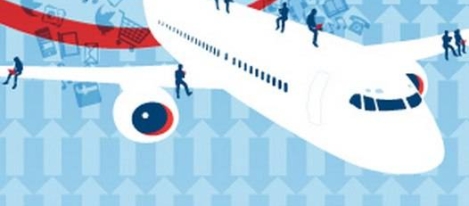May 25, 2015
Clerkenwell Design Week explores the links between design and the individual
For a show with such an international perspective there are many aspects of Clerkenwell Design Week that mark it out as a typically British event. There’s the weather, of course, which can vary from day to day between drizzle and bright sunshine, marking the difference between visitors dodging showers and huddling in showrooms or spilling out onto the pavements to drink beer and talk turkey. Then there’s the very idea of Clerkenwell itself, a district in East London historically associated with the arts and crafts movements, dodgy dealings, immigrant artisans and labourers and the sort of denuded former glories that those with the right mindset like to appropriate and reinvent. London may exist as a City State within the UK, but it also provides the beating heart for many nationwide industries. For the UK office interiors industry that heart can be found in Clerkenwell.

































May 27, 2015
Smart buildings, smart cities and the promise of infinite data
by Paul Doherty • Cities, Comment, Facilities management, Technology
(more…)